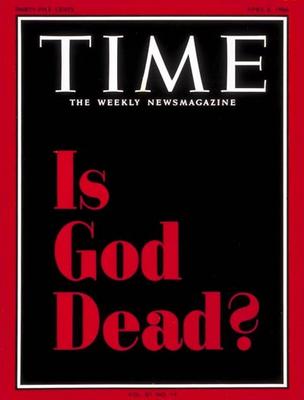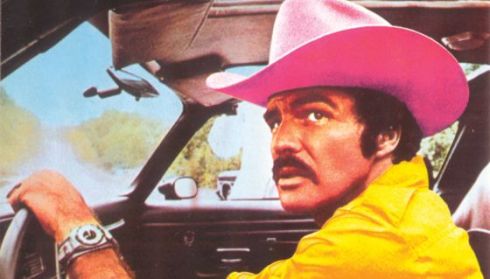What Scrabble-Rousers is: A word is chosen at random by blindly flipping the pages and finger-pointing a word/phrase (in this case “nihilism”) from a book also chosen at random (in this case: the I ♥ Huckabees script written by David O. Russell & Jeff Baena).
What does nihilism have to do with music? Nothing.
Bad joke.
It’s impossible to talk about punk, rap, goth, metal and a lot of fringe underground music without discussing nihilistic themes. Whether you truly believe the Sex Pistols were sincere enough to be nihilistic (even though contrived controversy to further commercialism seem contrary to the doctrine) doesn’t matter because they were inevitably associated with it.
Sid Vicious was without a doubt a bad, bad nihilistic man – he brutally beat a man with a bicycle chain, blinded a young woman with the throw of a beer bottle, is a legendary bassist despite having been a bad bass player, may or may not have stabbed his girlfriend to death, and died from heroine procured by his mum. If Sid Vicious wasn’t a nihilist, he was “Something Else”:
Stereolab harped on the very roots of nihilism in their song “Nihilistic Assault Group”, questioning morality’s existence as a real human virtue or a contrived shroud. Or something like that. “Nothing” seems to be lost in translation from the group’s French tongue. Regardless, Stereolab summons its most shoegaze sensibilities on this track.
Nihilist Assault Group by Stereolab.
Rancid actually sang about the lure and temptation of nihilism and the supposed liberation (“release me from moral assumption”), while staving off what seems too obvious a pitfall (“nihilistic feelings are moving/if I try real hard, I’ll see right through them.”). They may look the part of nihilistic scum, but Rancid cares. Maybe this helped kill punk.
Or is it better when two actual nihilists watch the same video and critique it:
Mouse on the Keys, a jazzy leader in the world of abstract musical expressionism, hold court by participating in the ongoing nihilistic debate with “Completed Nihilism.” One could guess what completed nihilism is – a past-tense jab on Nietzsche’s thoughts, or something so meaningless it is only perfect? Don’t know, don’t care, because it is a vague introduction piece to Messiean-like expressionism, particularly “Vingt Regard sur L’enfant – Jesus”:






